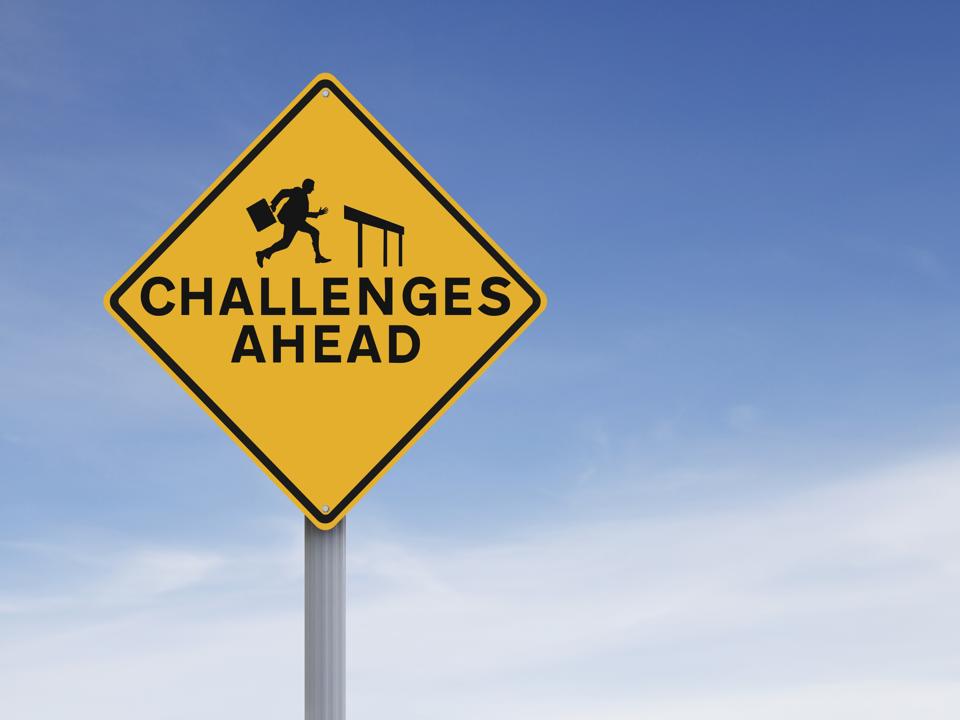A 2024 report on Forbes.com described four challenges that the field of college mental health will likely face in 2025. Some of these challenges have already emerged. For example, last year’s annual survey report by the Association for University and College Counseling Center Directors, which I served as a board member, highlighted the challenge regarding staff recruitment and retention. The report found that 12.5% of all non-trainee clinical positions turned over in 2023-2024, and that 42.4% of the staff who left campus counseling centers did so to enter private practice. The top two reasons why therapists left higher education were low salary and negative work conditions. This attrition affected directors of counseling centers as 53.8% of directors reported having less than six years of experience at being a director. There are no indications that these numbers will reverse for the 2024-2025 academic year.
In addition to the challenges listed in the report on Forbes.com, other challenges have emerged during the first quarter of 2025. Last month, the American Psychological Association released a statement of concern regarding a proposed 50% cut in federal funding to the Substance Abuse and Mental Health Services Administration. According to this statement, the proposed cut will limit the effectiveness of the national 988 Suicide and Crisis Lifeline, which 16.5 million people have utilized since it launched in 2022. Many colleges and universities promote this crisis lifeline to students. For example, a 2024 report on Governor.ny.gov highlighted that New York state passed a law requiring that all college student ID cards contain information about the 988 Lifeline. The cut in funding could be a significant challenge to the field of college mental health. According to a 2023 report on CDC.gov, suicide is one of the leading causes of death among young adults and college students.
Another emerging challenge is the confusion regarding executive orders. The previous report on Forbes.com listed divisive political conflict as one of the four challenges potentially facing the field of college mental health. However, since the start of 2025, there has been confusion among many in college mental health about how to comply with the intentions of the federal government. For example, a 2025 report on Forbes.com described how DEI bans typically prohibit counseling centers from offering targeted clinical services to specific ethnic groups, which resulted in many counseling centers not offering services specifically for Jewish students after the attacks on Oct. 7, 2023. However, USA Today reported earlier this month that the federal government froze billions of dollars to Havard University, partly due to concerns about antisemitic harassment. Thus, it’s not clear if the federal government wants colleges and universities to better protect the well-being of Jewish students, while, at the same time, preventing colleges and universities from offering support services specifically for Jewish students. As the report on Forbes.com about DEI bans illustrated, this confusion is why campus health professionals have argued that DEI bans should include language stating that these bans do not impact clinical services provided by licensed health care providers on campus. However, there are no indications that granting medical exemptions in DEI bans is a current consideration by the federal government.
Perhaps the most significant emerging challenge facing college mental health is the rise of mental health concerns among college students. A 2025 report by Insider Higher Ed described the high rates of mental health concerns among the incoming class of 2029 and stated that about half of these students cited a chance that they will utilize mental health services once they arrive on campus. The impact of mental health concerns on campus can affect issues ranging from poor academic performance and low university retention to harming self or others. Schools can better protect against these issues by investing in mental health services and programs. However, the above-mentioned challenges are connected. If schools continue to struggle in recruiting and retaining mental health professionals, face budget cuts that impact mental health services, and are prohibited from offering certain clinical services to students, then the list of emerging challenges facing the field of college mental health should continue to grow.

